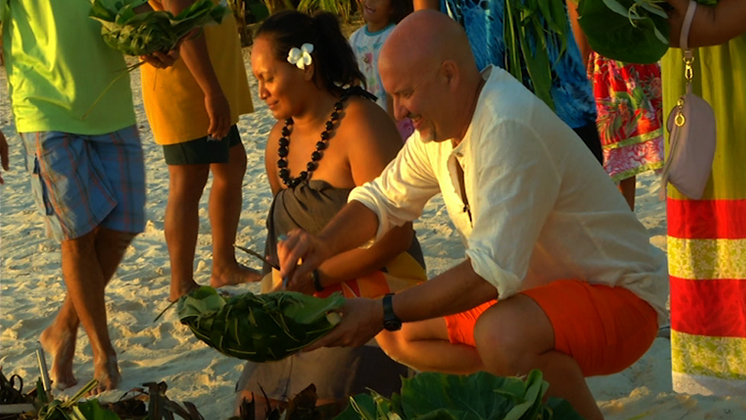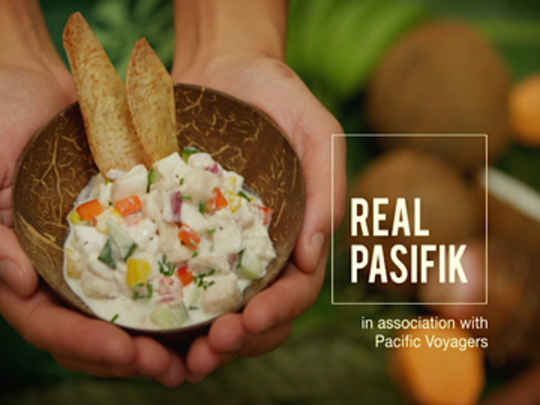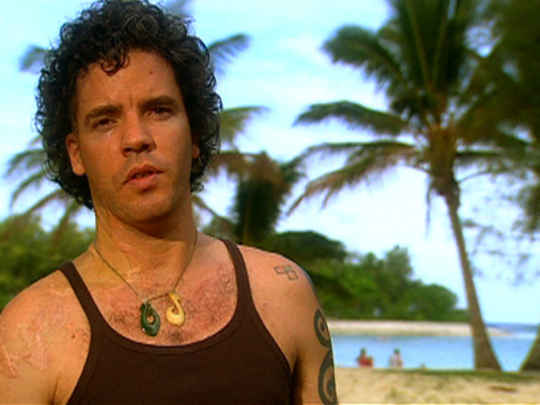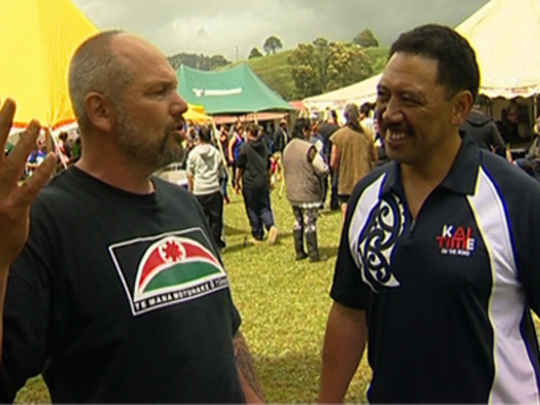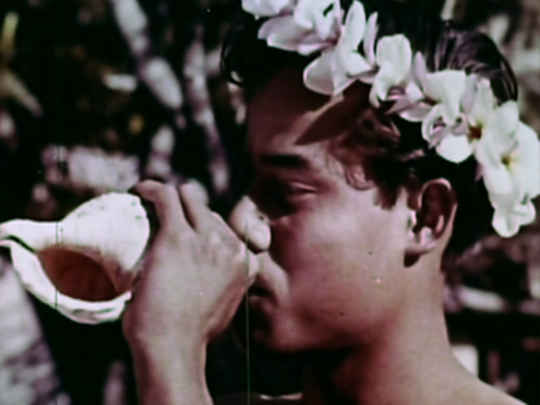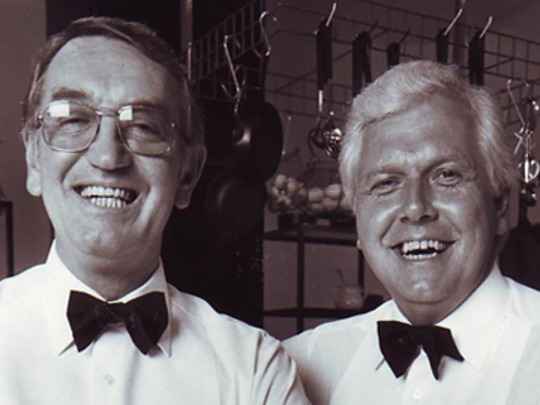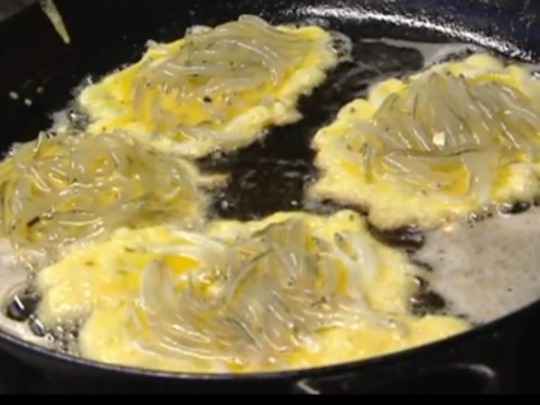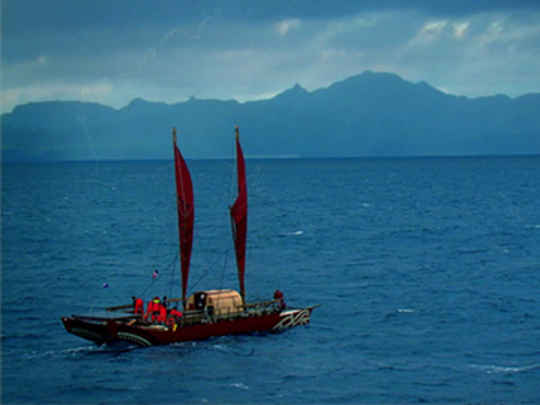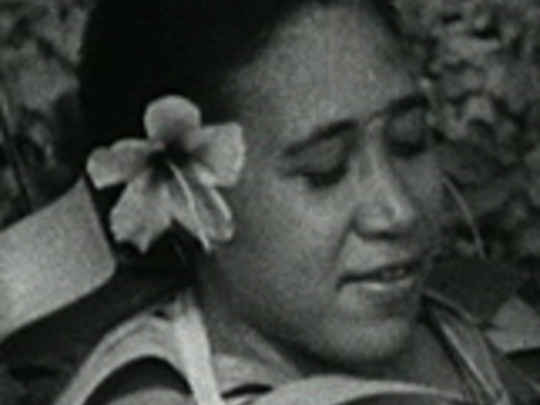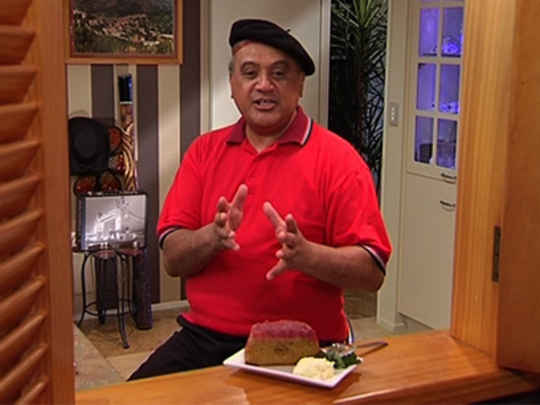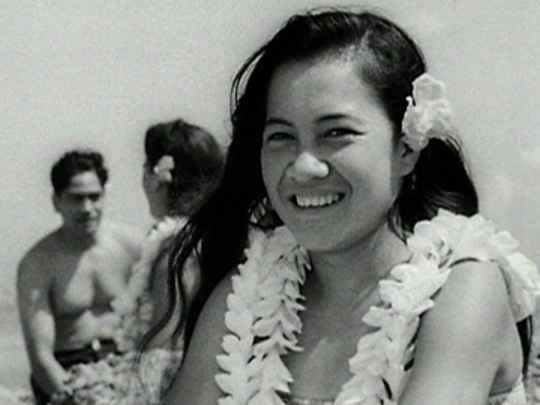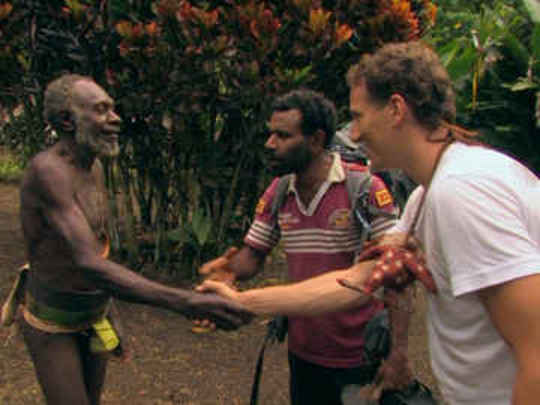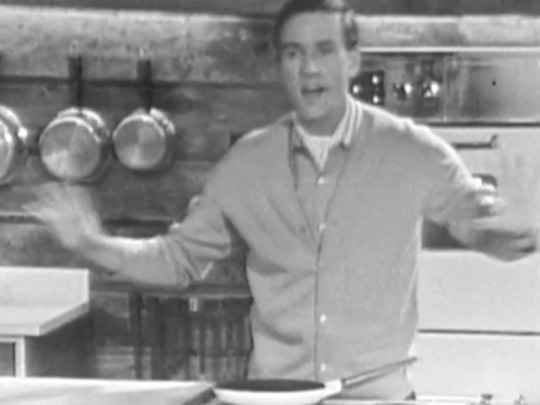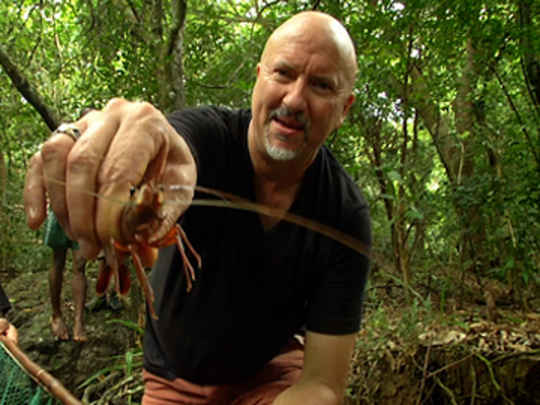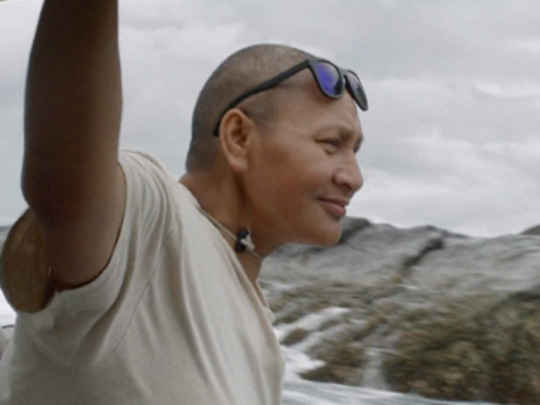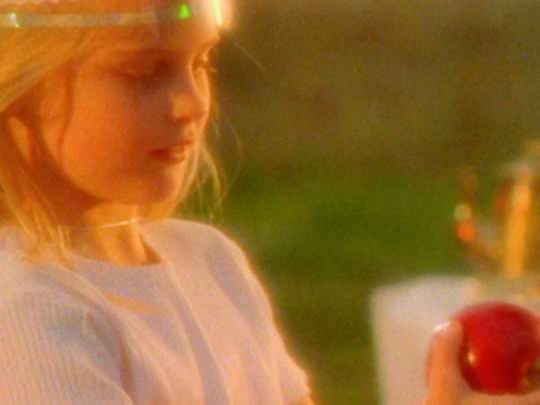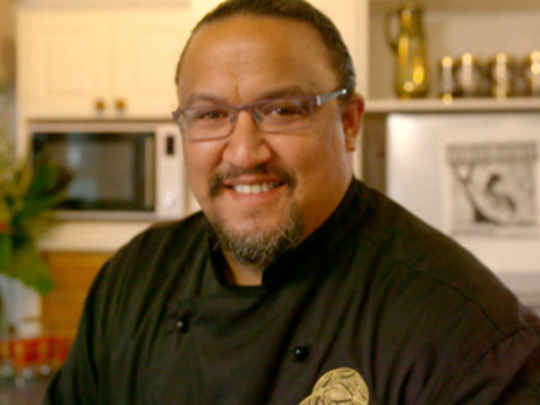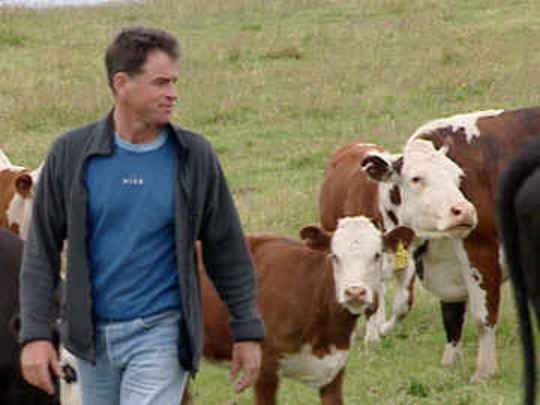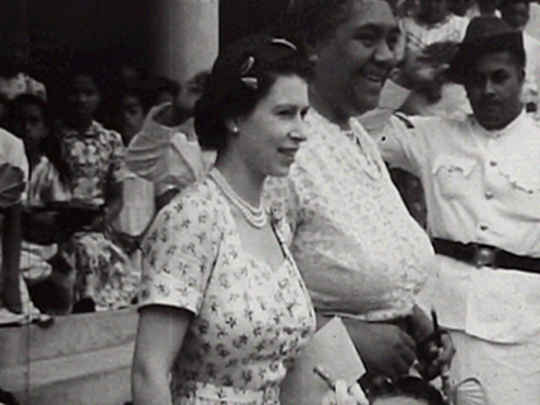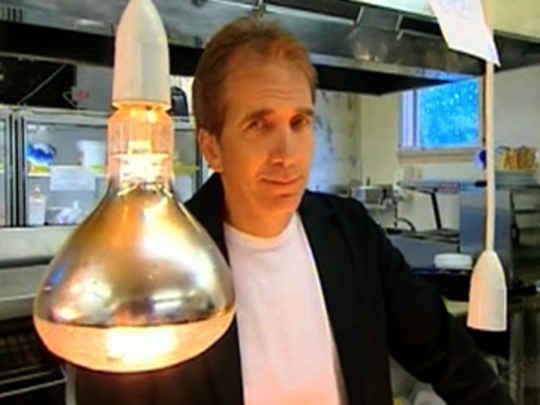Real Pasifik - Series One
Television (Full Length Episode) – 2013
The islands of the South Pacific have ancient food cultures utilising some of the best produce and fisheries in the world. But amazingly over 70 per cent of food for tourists is imported...
– Introduction to the show
Unfortunately a lot of our people have been brainwashed to think that it's no longer good anymore to eat their own food...it's sad.
– Rarotongan chef Rangi Johnson, in the first episode
Now I can cook confidently with local ingredients.
– Chef Tepae Terry Papai, in the Cook Islands episode (episode one)
Robert Oliver was born in New Zealand, and grew up in Fiji and Samoa. For the last 20 years has owned and run restaurants across the globe. d
– Narrator Fasitua Amosa introduces Robert Oliver
Don't be fooled by the sleepy towns and the relaxed lifestyle. This country is in the throes of an agricultural, nutritional and culinary revolution, with organics at the heart of it. With over 35, 000 hectares of organic farm and a prime minister who heads the Pacific Organics Taskforce, Samoa is well on the way to becoming the world's first organic nation.
– Robert Oliver introduces the organic food initiatives of Samoa, in episode two
Samoan food is simple food. And I think it's our job to transform it into something beautiful.
– Chef Dora Rossi on Samoan cuisine, in episode two
I think the only way that I can feel that I'm still in touch with my roots or my village or my growing up, is coming to my kitchen, going to the earthstones, moving them, making a fire. It really makes me feel this is who I am.
– Vanuatu cuisine expert Votasi Mackenzie-Reur on connecting to her heritage, in episode three
...I was born in New Zealand but I was raised in Fiji, and I feel like when I came here I came alive. It's not just the tourist playground, it's got this really vibrant dynamic culture that's full of laughter, and it's also where I fell in love with food.
– Robert Oliver reflects on his upbringing in Fiji, at the start of episode four
If the culture loses its food identity, it's near impossible to get back. As indigenous Māori people of this country, there's more to it than just a hangi and fatty old food.
– Traditional Māori Chef Charles Royal, in the New Zealand episode
Every Tongona, whether you're poor or well off, you grow your taro and your pele, and you can have a balanced meal.
– Traditional cuisine champion Papiloa Bloomfield Foliaki, in the Kingdom of Tonga episode
This kind of innovation is the future of South Pacific cuisine.: showing respect for tradition and the source of the original dish, but at the same time, pushing that knowledge and know-how to all new levels of finesse.
– Host and chef Robert Oliver, Pasifika on a Plate
The original Pacific diet was based on seaweed, fish, coconuts, tropical fruits, all the greens and all the complex carbohydrates. It was basically a superfood diet. So promoting a truly Indigenous food culture in the Pacific would be super healthy, super robust, and culturally affirming. . . . The trouble comes from the prevalence of highly-processed foods and fatty meats which have been introduced into the islands. The central Pacific, in particular Fiji, Sāmoa, and Tonga, has become a dumping ground for low-quality meats like mutton flaps and turkey tails. Globalisation has also brought an advertising juggernaut for foreign foods. That compounds the displacement of local ingredients and food. . . . It’s helped to create this kind of “west is best” mentality.
– Chef Robert Oliver, on website E-Tangata, 14 July 2024
